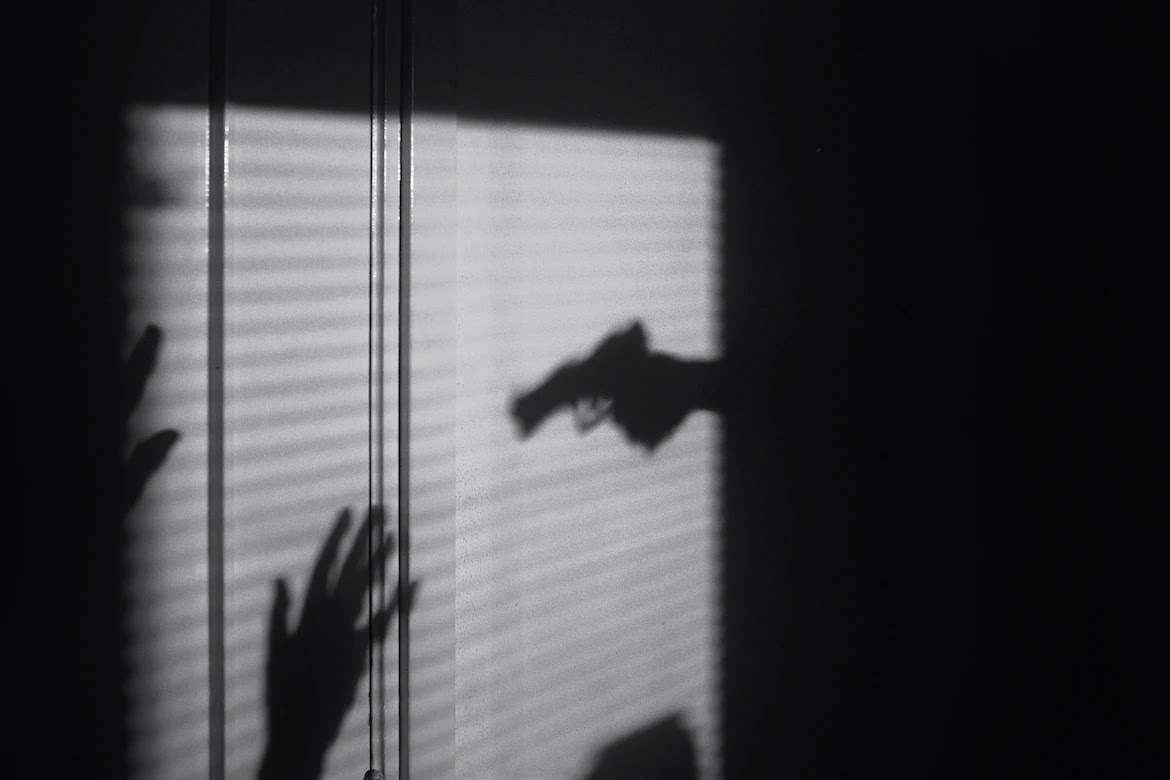Home
Unlabelled
Discuss how the unwillingness to act against criminal activities happening in your community could increase the rate of crime making your environment unsafe.
Discuss how the unwillingness to act against criminal activities happening in your community could increase the rate of crime making your environment unsafe.
- Perpetuation of Criminal Activities: When individuals fail to report criminal activities or refuse to cooperate with law enforcement officials, it can allow criminal activities to continue unabated. This can create an environment where criminals feel emboldened to continue committing crimes since they believe that they will not be caught or held accountable.
- Lack of Deterrence: The failure to act against criminal activities can also lead to a lack of deterrence. Criminals may feel that there is no risk associated with committing crimes in the community since there are no consequences for their actions.
- Increased Fear: When individuals do not take action against criminal activities in their community, it can create a sense of fear and uncertainty among community members. They may feel that they are not safe in their own community, and this can have a significant impact on their overall wellbeing and quality of life.
- Loss of Trust: If individuals in a community fail to take action against criminal activities, it can lead to a loss of trust among community members. People may begin to view each other with suspicion and distrust, and this can create an environment of division and hostility.
- Normalization of Criminal Behavior: When criminal activities are not addressed, they can become normalized within the community. This can lead to a situation where criminal behavior is seen as acceptable, and this can create a cycle of crime that is difficult to break.






No comments
Post a Comment